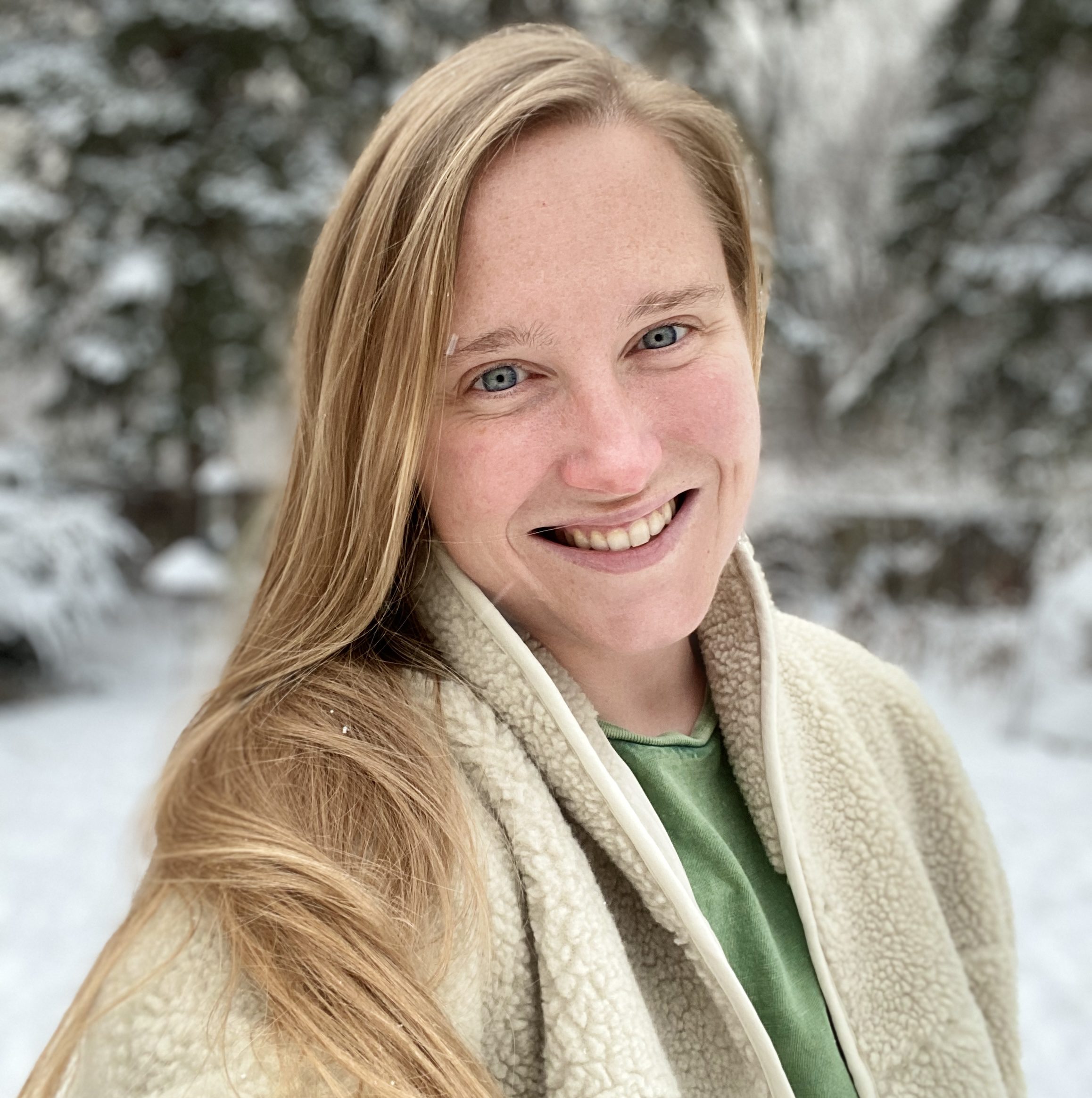Andra Cernavskis ’26 Wants to Shape Laws that Regulate Big Tech

Andra Cernavskis ’26 wants to help shape laws and policies for technologies that can be used to spread misinformation.
This story is part of a series of profiles on members of the incoming JD class of 2026 at UC Law San Francisco.
Before starting law school, Andra Cernavskis ’26 worked for years as a journalist covering racial justice protests, pro-democracy movements, climate change, education, and other important topics.
Now in her first year as a JD student at UC Law SF, she plans to pursue the same goals she did in her previous work — ensuring people can access credible facts in an age when technology has made spreading misinformation faster and easier than ever.
“My motivation for going to law school is similar to what motivated me to get into journalism,” she said. “I firmly believe that democracy and society can’t function without reliable facts that help people make informed decisions.”
Cernavskis said she is particularly concerned about the rapidly evolving pace of artificial intelligence, which can be used to create deep fake videos, mimic human voices, and write misleading content.
“I want to be on the forefront of helping create a legal framework of how we hold these companies responsible for the technology they’re developing,” she said.
Cernavskis, 32, said she chose UC Law SF after getting recommendations from friends who were students there. She heard they gained hands-on training and professional connections through the law school’s many experiential learning opportunities. She was also impressed after hearing “interesting lectures” by UC law SF professors when she shadowed a friend in a few classes last winter.
Originally from Toronto, Cernavskis moved to the U.S. with her family at age 3. She lived in the Northeast before going west to San Francisco, where she graduated high school. She earned a bachelor’s degree in political science and history from McGill University in Montreal, where she served as a reporter and editor at the school paper, covering one of the largest student protest movements in Canadian history.
She then obtained a master’s degree in journalism at UC Berkeley. While there, she served as a reporter for the then fledgling online news publication Mission Local, covering issues related to neighborhood gentrification, public schools, and Black Lives Matter protests in the historically Latino neighborhood of San Francisco.
Over the next five years, she worked at three different publications, exploring alternative education models across California and creating “pop science” videos on the private space race, climate change, and other topics. During that time, she also worked as a producer for a pioneering news platform that sought to appeal to a younger generation with live coverage of international pro-democracy movements, conflict in the Middle East, and the early stages of the 2020 election.
In her most recent job as editorial content curator for Twitter, now known as X, she helped combat a deluge of misinformation about the Covid-19 virus, 2020 election, and the Jan. 6 assault on the U.S. Capitol.
“We were trying to contextualize what was happening in a live manner, while also understanding our platform was being used in a way that was spreading misinformation,” she said.
In law school, Cernavskis said she hopes to gain the skills and knowledge to help rein in Big Tech. She’s also interested in learning more about human rights, immigration law, First Amendment rights, and reproductive justice.
She said her ultimate goal is to use her law degree to help ensure new technologies aren’t misused to spread falsehoods, promote scams, victimize consumers, and weaken democracy.
“I’d like to work in a capacity that holds major companies accountable for the development of technologies that can transform the world,” she said. “That could be as a policymaker, watchdog, or in-house role helping companies develop internal policies and guidelines.”